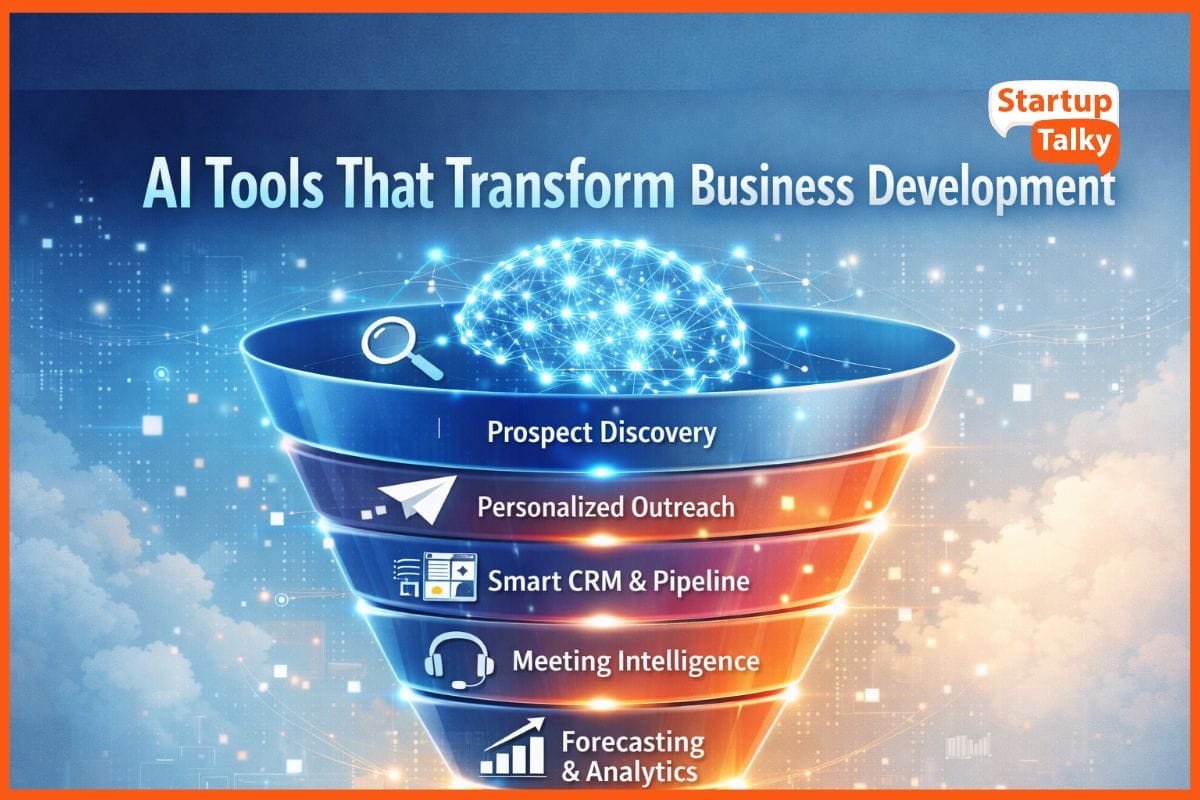List of Lab-Grown Meat Startups in the USA
lab grown meat
Slaughter-free meat eventually manages to jump from the laboratory to the manufacturing process. Imagine biting on a juicy steak without slaughtering animals. Meat from a laboratory of harvested cells makes the idea a reality. Several firms grow beef, pork, poultry, and marinades developed in laboratories.
If broadly accepted, lab-grown meat, often referred to as clean meat, could eradicate much of the cruelty of food-growing animals. The cost of meat processing could also be greatly reduced; energy would only be required to produce and preserve cultivated cells, not an entire organism from birth.

Lab-Grown Meat, What is it?
As long as we can look back on history, people eat beef. We've all taken it for granted, but science has lately been able to change this. Food can now be grown in a laboratory totally without the body of an animal. This is referred to as cultured meat or lab-grown meat.
Described as clean meat, cultivated meat, cell agriculture, or in-vitro meat by a large array of different terms, the new industry attempts to disrupt traditional approaches to manufacture agricultural products in order to minimize the number of animals slaughtered for food as well as establish a worldwide more humane and ethical culinary framework.

How is Lab-Grown meat made?
To launch the production process for cultured meat, scientists will use the stem cells of the animal, the blocks of the muscles, and other organs. Cells are put in amino acids and carbs in Petri dishes for the purpose of multiplying and developing the muscle cells. Where there have been ample muscle fibers, meat-like ground beef has been the result. The meat is first made from an animal's muscle sample. Technicians are extracting stem cells from the tissue and significantly multiplying it to discriminate between primitive fibers and then building up muscle tissue.
Is Lab-Grown meat as healthy as Conventional meat?
Lab-grown meat is more environmentally conscious than standard meat. It reduces the need for animals that could cut energy consumption by as much as 45% and emit up to 96% fewer greenhouse gases. It is also animal friendly and no animals are unethically damaged or handled.

In laboratory-grown meat, fat and cholesterols can also be regulated, theoretically leading to better health effects as elevated blood cholesterol can lead to cardiovascular disorders, for example. Lab meat can, as certain items are today such as milk, cereals, and bread, also be fortified with the use of vitamins and minerals for optimum nutrition.
Cultured chicken and duck raw materials are not only in the works but also in beef grown in laboratories. In the same method of cell agriculture, scientists often experiment with dairy, egg, and leather production.

Here is the list of Lab-Grown Meat Startups in the USA:
1. Finless Foods

Finless Foods manufactures real stem cell fish flesh. To this end, a fish-derived serum begins to replicate the cells in a stable environment. Then the fillets and steaks are structured. The final product is also not animal-free, but is almost absolutely cruel and eliminates contamination, overfishing, and degradation of the ocean.
Finless is actually the first startup to make real strides on cultured seafood; other start-ups rely on poultry or beef. The start-up then had to carry out its own protocols from scratch.
Finless Foods needs to supply new customers with experiences, including developing cells in animals that Western consumers have never had before, instead of merely replicating meat and producing a smaller duplicate.

2. JUST

The startup is best known for its organic alternatives to eggs, mayonnaise, cookie dough, and salad dressings, but is also exploring cell-based safe meat. While the company initially announced the production of chicken, its emphasis has since changed to Wagyu beef. Via working in close partnership with an existing Japanese farm, it wants to produce high quality cultivated beef that is sold on the same channels as Wagyu.
3. Memphis Meats

Cooked chicken, beef meatballs, and duck cells produced in laboratories were successfully made and tasted by Memphis Meats. The team claims that their goods will be ready to be put on sale by 2021 though a little further from an inexpensive commodity — by 2017, the beef costs $5.280 per kilogram.
In order to build a pilot production plant, Memphis meat will use the funds. CEO Valleti has, nonetheless, warned the industry that a commodity may be launched too quickly, stressing the importance of correcting or risk disturbing the industry's reputation for several years.
The startup has raised over the US $20 million and counts Bill Gates, Richard Branson, and Kimbal Musk, as founders. Memphis Meats is now a venture capital favorite.

4. BlueNalu

The BlueNalu, which is quickly advancing, produces seafood lab-grown meat to reduce typical fishing and ocean plastics and food. They build yellowfish on cells, which is to prepare and to cook. Other development targets include cod, amber jacket, and red snapper.
The corporation is planning a large range of marine species but initially concentrates on Mahi, red snapper, tuna, and yellowtail finfishes. Their yellowtail commodity recently displayed the same culinary property as traditional, raw or baked, like seeded, grilled, and fried yellowtail.
5. Because Animals

Because Animals have produced the first meat pet food grown in a lab, which involves FBS and unfermented products with a production of serum/growing phase. They are expected to release their lab-grown pet food in 2021.
In 2018 Animals released its first offering, a cultured probiotic substitute, at Cultured Pet Food Company. About 250 million probiotics are found inside the all-natural human-grade substitute, one for cats and one for dogs. Over two dozen scientific journals have documented the beneficial properties of this bacterial species and found that the probiotic will lead to better digestion and immunity.

6. Mission Barns

Mission Barns produces fat from laboratory-grown items, including duck, pork, and chicken. In the middle of August, the organization will pick 50 to 100 taste testers to sample the fresh bacon, according to Eitan Fischer, CEO, and co-founder of Mission Barns. The exact number of guests who are permitted to stay at the restaurants while still following rules on social distance.

7. Bond Pet Foods

Bond Pets Food provides cruelty-free, snappy care bars for dogs, packaged with protein. While not anti-meat businesses, they are committed to supplying organic foods that protect the earth and wildlife. they are responsible and food-producing.
Conclusion
Clean meat must be proven healthy to eat to obtain consumer acceptance. There is no justification to assume that lab meat poses a health threat. Meanwhile, conventional meat farmers are repulsed to argue that the products created by the laboratory are not meat at all and should not be branded as such, and analysis indicates that the public only has a particular interest in consuming meat from laboratories. The clean meat firms still go on amid these obstacles. Clean meat could make our everyday eating habits more sustainable and eco-friendly if they can create authentic food goods that are also affordable.

Must have tools for startups - Recommended by StartupTalky
- Convert Visitors into Leads- SeizeLead
- Website Builder SquareSpace
- Run your business Smoothly Systeme.io
- Stock Images Shutterstock






